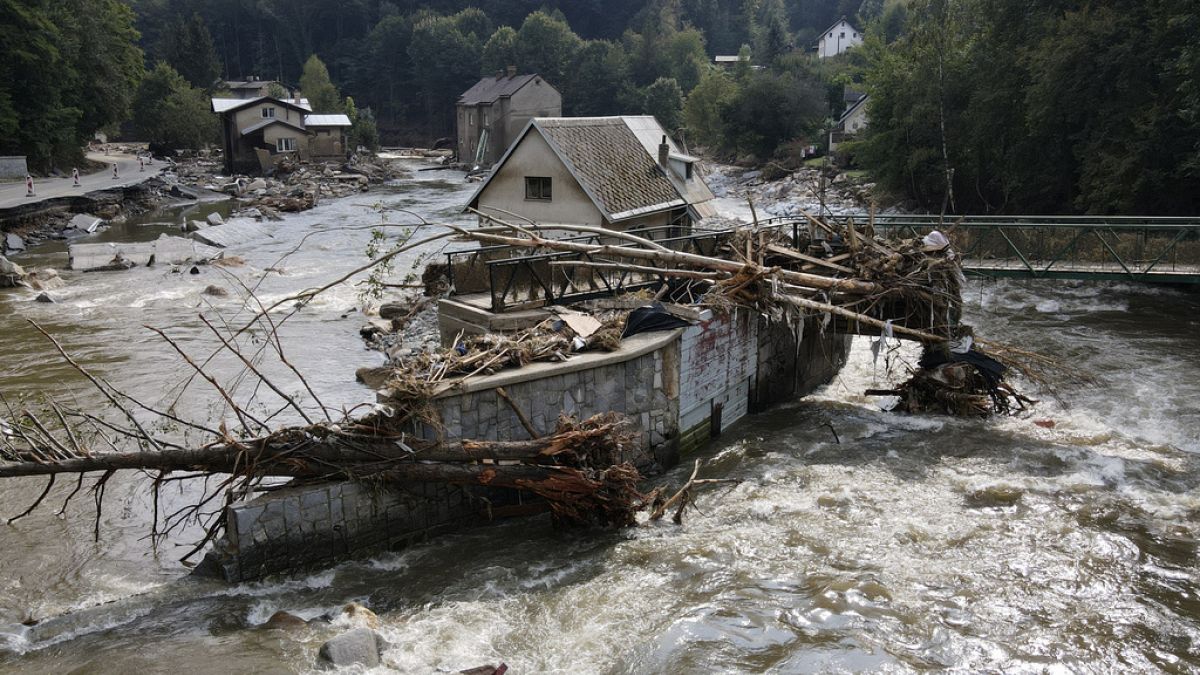Geosphere Austria climatologist Marc Olefs said that the fossil fuel industry is to blame for the exacerbation of extreme weather events, including heavy rainfall as seen over Europe over the past couple of weeks.
Flooding triggered by Storm Boris has ripped through Central Europe over recent weeks, devastating homes and public infrastructure and leading to dozens of deaths.
It is estimated over a billion euros will be needed to rebuild parts of the Czech Republic, Poland, Romania and Austria — as well as time.
In a normal year, up to 430 litres of rain usually falls in the Saint Poelten area of Austria’s south for six to nine months. But this year, that volume fell within a few days.
It is well-documented that manmade-induced climate change induces extreme weather events. Marc Olefs, the head of climate research at Geosphere Austria, the country’s Federal Institute for Geology, Geophysics, Climatology and Meteorology, links climbing temperatures and what is happening right now over Central Europe.
“The entire area above Central Europe, both the oceans and the land masses, are now two to three degrees warmer compared to pre-industrial times due to man-made intervention, through the emission of greenhouse gases that affect the climate,” he said.
As a result of this, polar air masses — as well as Mediterranean air masses — are two to three degrees warmer and are primed to absorb up to 7% more water vapour in certain conditions, Olefs explained.
This means the air can absorb up to 20% more water vapour compared to pre-industrial times, and lead to disastrous effects.
“Both high-pressure areas and low-pressure areas tend to last longer in summer and can therefore be more intense,” he said.
“Imagine a hair dryer or a watering can that you hold on the same spot for too long. What happens? It burns or the water spills over,” he added.
The answer to the solution for Olefs is clear: “Reduce emissions as quickly as possible”.
He said that the fossil fuel industry is to blame for the exacerbation of extreme weather events, including heavy rainfall as seen over Europe over the past couple of weeks.
“It is absolutely essential to be climate-neutral by the middle of the century at the latest — that is the only way to avoid a further intensification of these events,” Olefs said.
Austrian President Alexander Van der Bellen commended the emergency service efforts deployed as part of the clean-up and rescue operations on social media platform X.
“Even if the whole country is underwater, it will not sink,” he said.
Last week European Commission president Ursula von der Leyen pledged billions of euros in aid for the Central European countries swamped by the deadly floods.
“These are extraordinary times, and extraordinary times need extraordinary measures,” she said.

